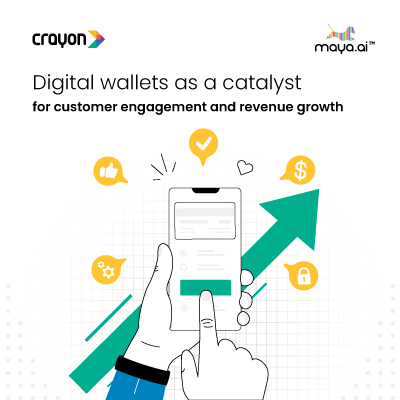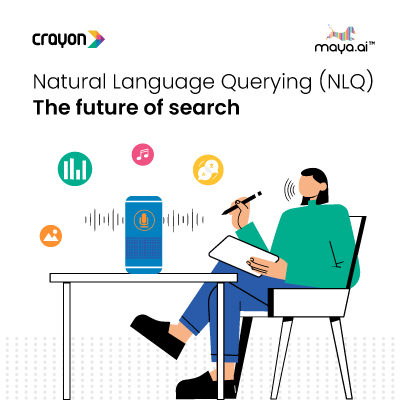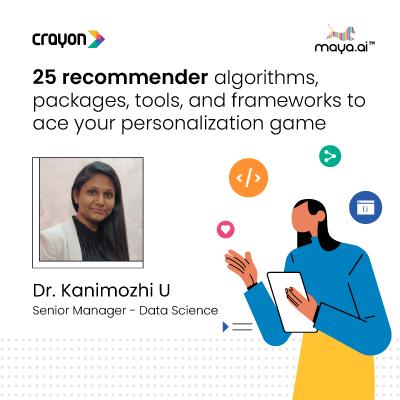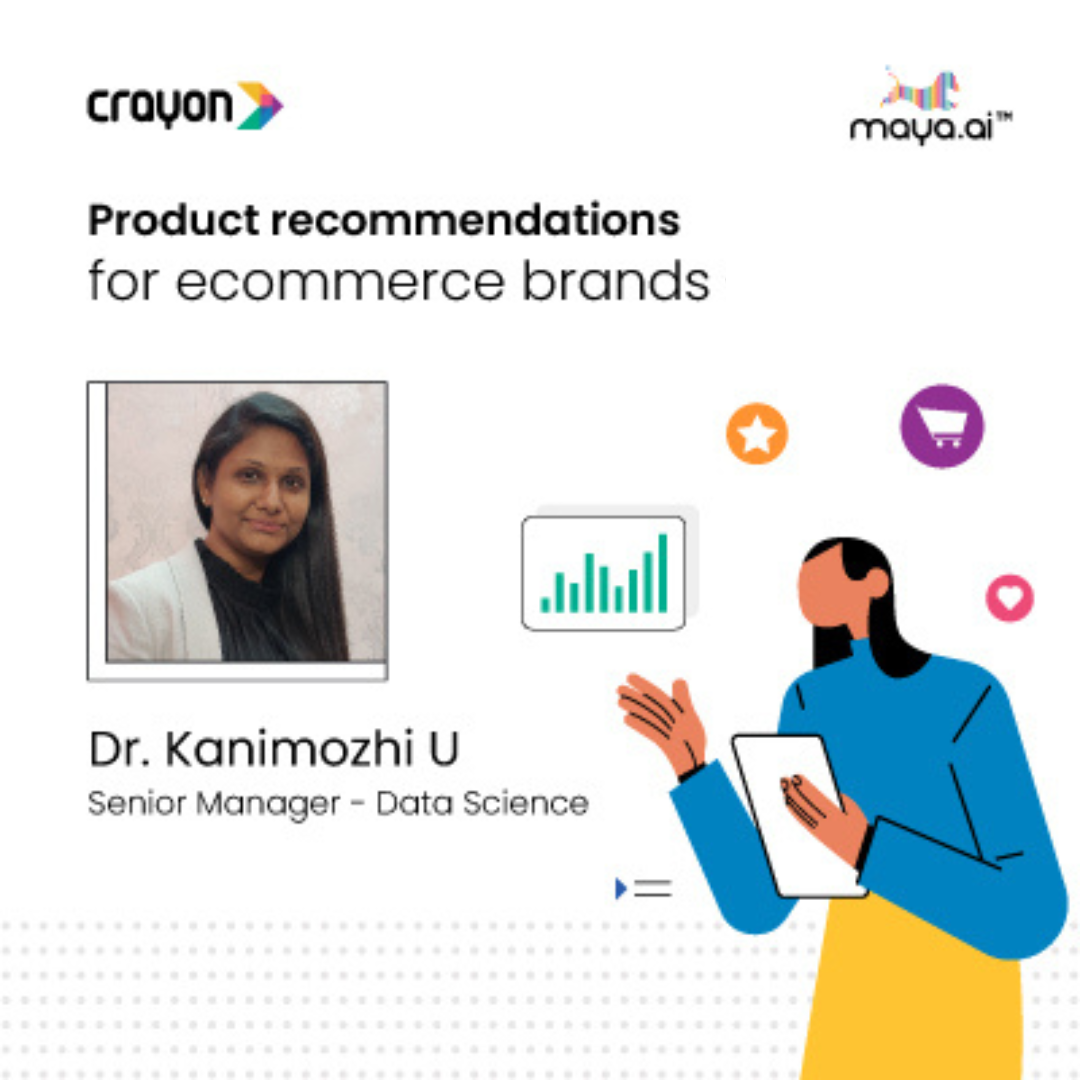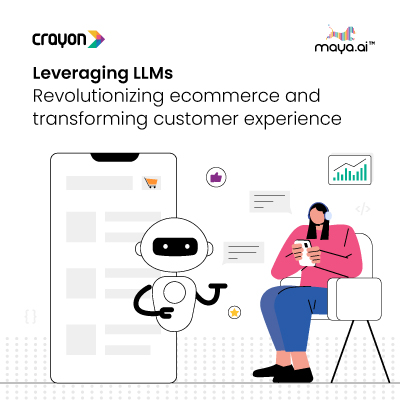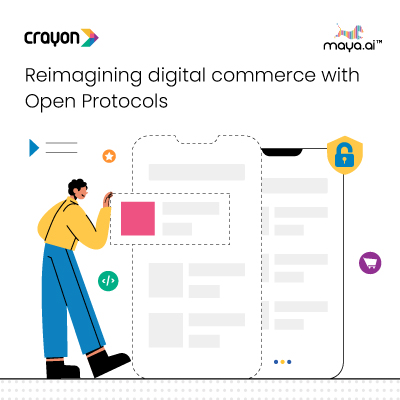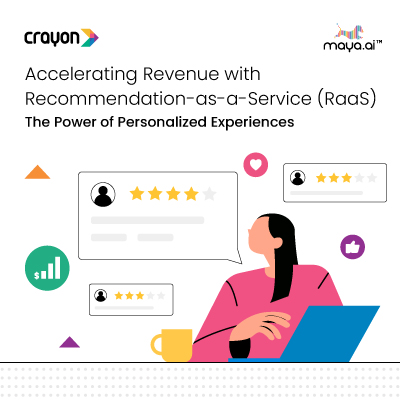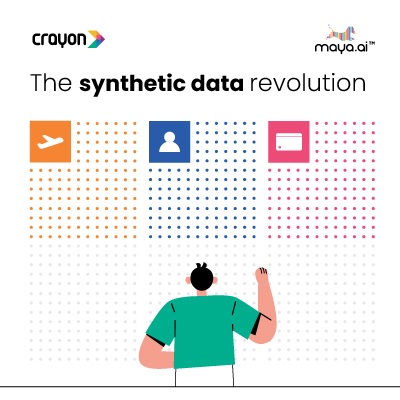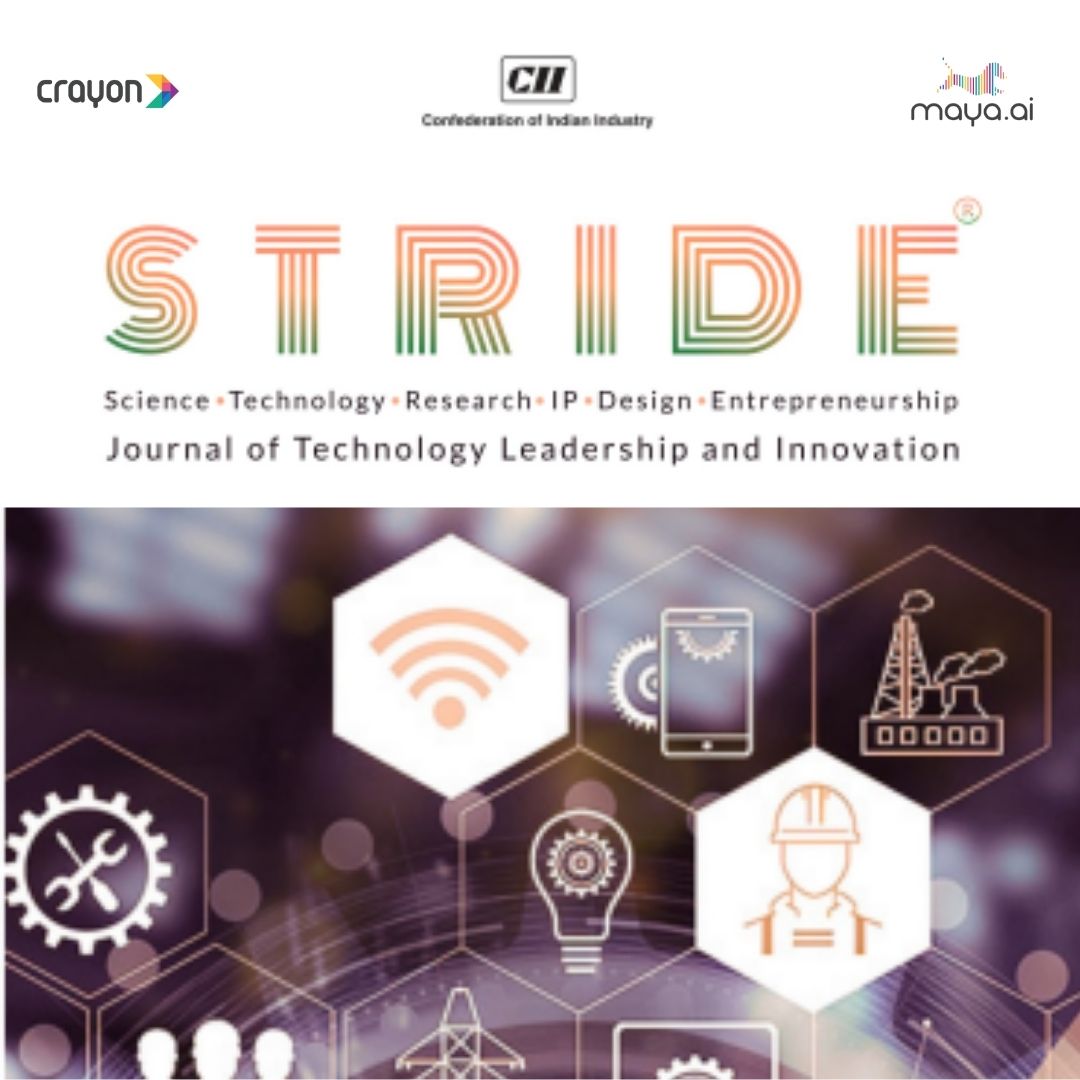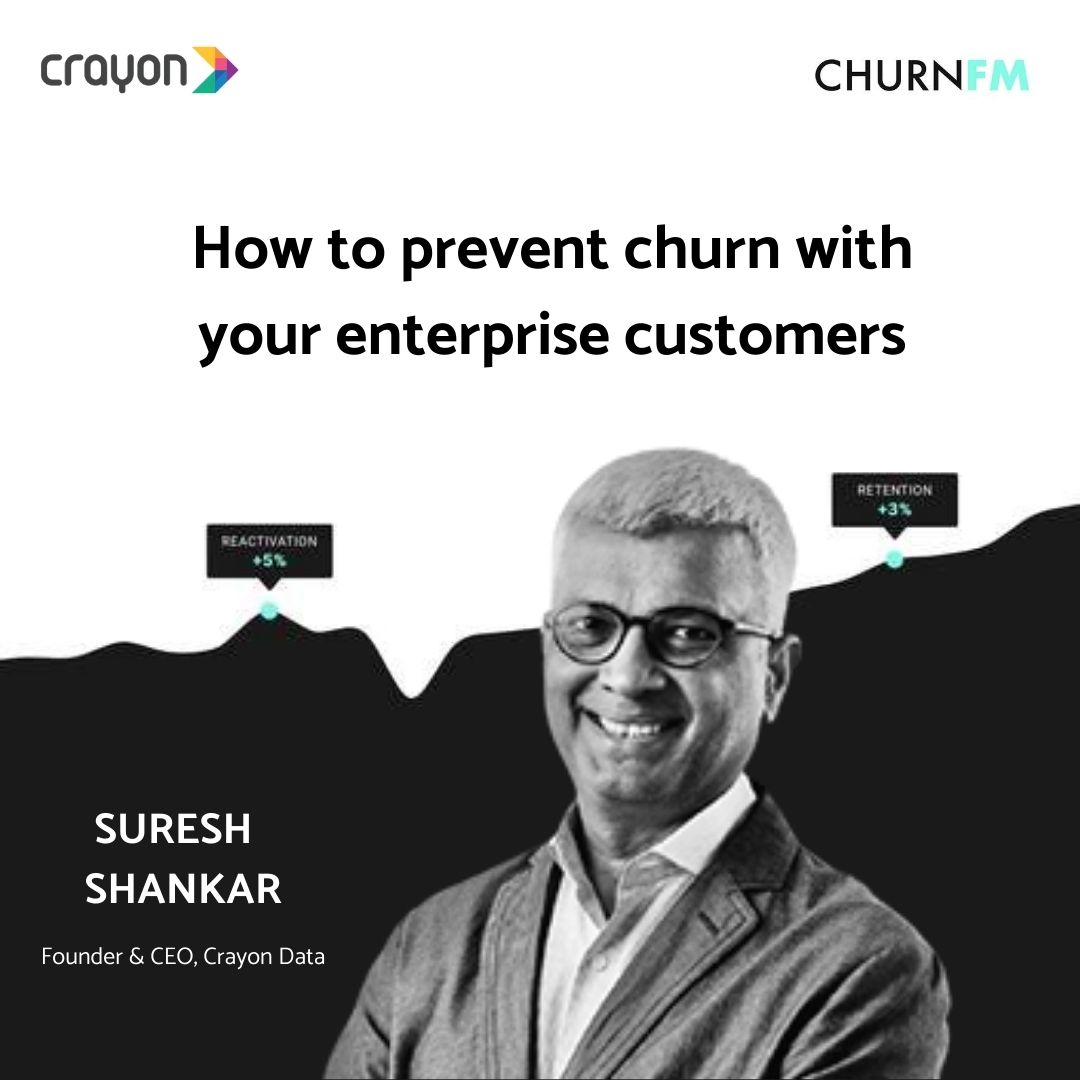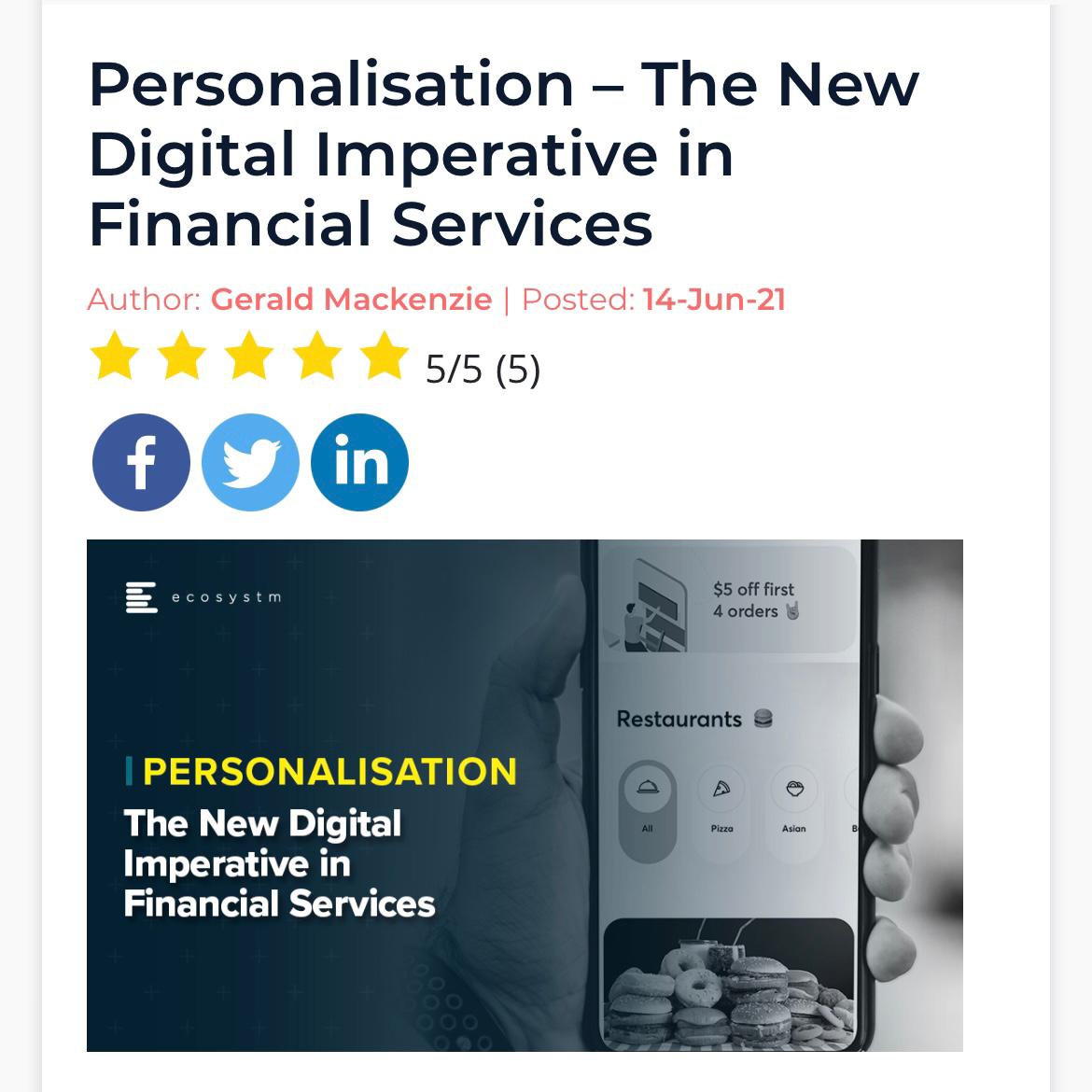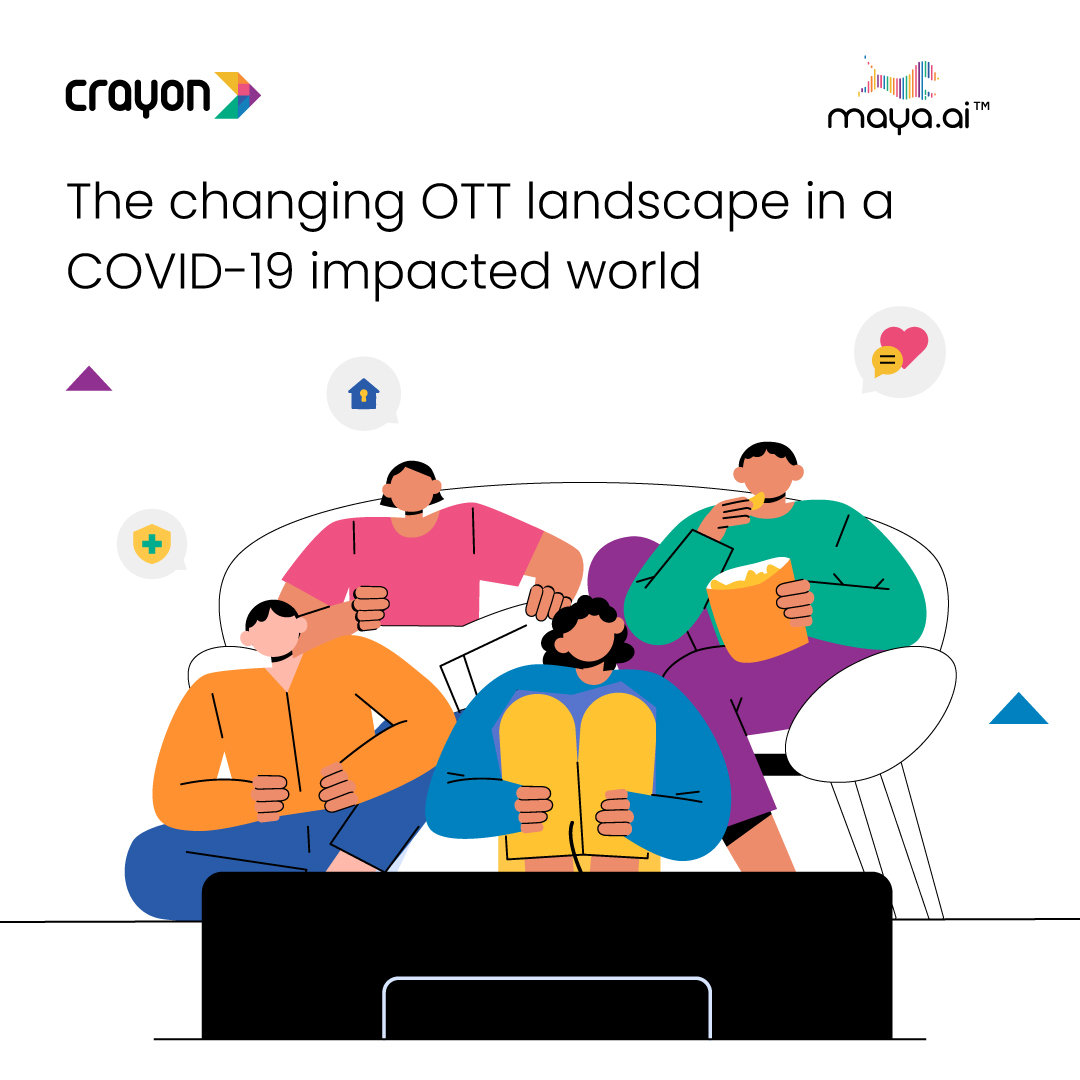Data analytics skill has become one of the most important factors in one’s career development today as data has become more explosive than ever. According to PWC (Price Waterhouse Coopers), over 50 million jobs created in “analytics skills” from 2015 to 2018.
This article will recommend 10 best online courses on different MOOC for beginners to learn data science fundamentals, key data science tools, and widely-used programming languages in big data analytics.
Coursera
1. Data Analysis and Presentation Skills: the PwC Approach Specialization
Creator: Price Waterhouse Coopers LLP
Commitment: 21weeks, 3-4hours/week
This specialization includes 5 courses, from data-driven decision making, problem-solving with basic functions of Excel, data visualization with advanced excel, to the business presentation with PowerPoint, and a final project.
With an average rating of 4.6, this data analysis specialization is designed for employees by PWC, which undoubtedly focuses more on business application than theory. And it’s suitable for people without a programming background.
2. Data Science Specialization
Creator: John Hopkins University
Commitment: 43 weeks, 4-9 hours/week
Composed of 10 courses, this specialization covers the concepts and tools you’ll need throughout the entire data science pipeline, from asking the right kinds of questions to making inferences and publishing results.
Rating 4.6, this is one of the longest data science specializations on Coursera. Unlike the PWC one, it focuses more on theories relating to statistic, algorithm and data analysis. Besides, it practices mainly by R programming, so a basic knowledge of programming is recommended before taking this specialization.
3. Big Data Specialization
Creator: University of California, San Diego
Commitment: 30 weeks, 3-6 hours/week
With a total 6 courses, it covers the main aspects of big data, from the basic introduction, modeling, management systems, integration, and processing, to machine learning and graph analytics.
Average rating is 4.3. This is a great introduction to big data for beginner and doesn’t delve too much into programming., no prior programming experience is needed. As it involves several open-source software tools, including Apache Hadoop, it has requirements on hardware and software.
4. Statistics with R
Creator: Duke University
Commitment: 27 weeks, 5-7 hours/week
With the 5 courses in this specialization, you will learn to analyze and visualize data in R and create reproducible data analysis reports, demonstrate a conceptual understanding of the unified nature of statistical inference, perform frequentist and Bayesian statistical inference and modeling.
Average Rating of 4.5, the course is all about R programming, which is a free software environment for statistical computing and graphics.
EDX
5. Microsoft Professional Program in Data Science
Creator: Microsoft
Commitment: 56-58 weeks, 2-4 hours/week
Made up of 3 units (9 courses total) and a Final Project, this specialization covers the basic introduction of data science, essential programming languages and advanced programming languages in applied data science.
Unsurprisingly, it has a high connection with Microsoft software, including Excel, Power BI, Azure and R server. The programming languages involved are R and Python. If above-mentioned software utilities are your daily utilities, then you should not miss it.
6. Marketing Analytics
Creator: University of California, Berkeley
Commitment: 16 weeks, 5-7 hours per week.
The program is designed and taught by industry expert Stephan Sorger, who has held leadership roles in marketing and product development at companies such as Oracle, 3Com, and NASA.
This program is divided into 4 courses, including Marketing Measurement Strategy, Price and Promotion Analytics, Competitive Analysis and Market Segmentation, and the last one, Products, Distribution and Sales.
Cognitive Class
7. Big Data Fundamentals
Creator: IBM
Commitment: 13 hours
It only consists of 3 courses, which give a brief introduction on Big Data, Hadoop and Spark. Known as Big Data University before, Cognitive Class is a MOOC provided by IBM.
MIT Open Courseware
8. Advanced Data Structures
Instructor: Prof. Erik Demaine
Commitment: 22 sessions, 90mins/session
This course serves as a broad overview of the many different types of data structures, including geometric data structures, like a map, and temporal data structures, as in storage that happens over a time series. It covers the major directions of research for a wide variety of such data structures.
Pluralsight
9. Python
Instructors: Austin Bingham, Robert Smallshire, Terry Toy, Bo Milanovich, Emily Bache, Reindert-Jan Ekker
Commitment: 7 courses, 28 hours totally
This path will take you from the basics of the Python language all the way up to working with web frameworks and programming.
Python is an interpreted object-oriented programming language. It is open source, so the interpreter and source are freely available and distributable in binary form, which contributes Python become a popular programming language in data analysis.
Udemy
10. Java Tutorial for Complete Beginners
Instructor: John Purcell
Commitment: 75 lectures, 16 hours totally
A beginner course to learn the Java programming language, no prior programming knowledge required. The key reason for this course: Hadoop is Java-based, which is one of the hottest open-source software utilities that paves the ground for analyzing big data.
This article originally appeared here. Republished with permission. Submit your copyright complaints here.

